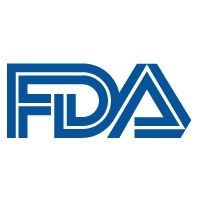FDA Approves Kidney Failure Device
FDA approves device to help kidney failure patients with dialysis-related-amyloidosis. Known as the Lixelle Beta-2 microglobulin Apheresis Column, the device is already in use in Japan, where it is manufactured.

The US Food and Drug Administration today authorized the use of a new device to treat a complication of kidney dialysis known as dialysis-related amyloidosis (DRA).
The device is called the Lixelle Beta-2 microglobulin Apheresis Column. It is made by the Kaneka Corporation in Osaka, Japan and distributed in the U.S. by its subsidiary, Kaneka Pharma America.
In patients with DRA, beta 2—microglobulin builds up in the blood, deposits can form in the bones, joints and tendons. The buildup causes painful and stiff joints, bone cysts that can lead to bone fractures, and torn tendons and ligaments.
The deposits can also adversely affect the digestive tract, heart and lungs.
DRA is common mostly in patients with kidney failure, especially adults older than 60 who have been on dialysis for more than 5 years.
The device may help patients who already have DRA symptoms but also those who are not eligible for a kidney transplant or do not have access to extended dialysis.
The product was reviewed under the FDA’s humanitarian device exemption pathway, an approval route open to devices that are meant to help fewer than 4,000 US patients annually.
Safety and efficacy data for the Lixelle Column include published clinical studies describing treatment of approximately 100 patients from Japan with DRA, and post-market safety data from approximately 200 patients in Japan where the device has been approved for use. The studies generally showed improvement in symptoms associated with DRA with use of the device.
The most common adverse events associated with the device’s use are temporary hypotension and a decrease in red blood cell count. The FDA noted that these are common adverse events for patients undergoing dialysis or any extracorporeal therapy. As a condition of the approval, the company must conduct a post-market study to gain more data on the benefits, risks, and adverse events in the U.S. population.